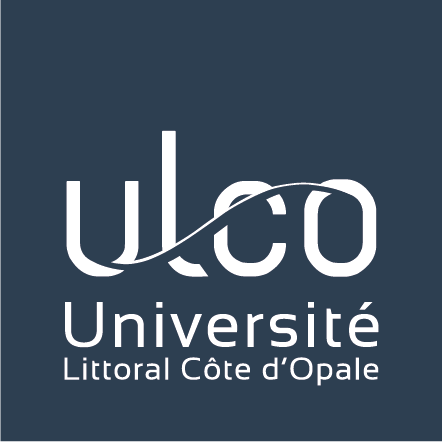A one year postdoctoral position is open for working in the field of Thermoelectrics starting in January 2018 at UDSMM, in the PhTT team (Dunkerque, France). Description of the project is available below. If you are interested, contact Dr. M. Depriester : michael.depriester@univ-littoral.fr . The deadline for application is 31st Oct. 2017.
Liquid thermoelectrics
The goals of this postdoctoral project are the identification and the elaboration of gels/ ionic liquids/liquid crystals or deep eutectic solvents based thermoelectric materials. Three objectives are followed:
- In the field of energy: improving the figure of merit of thermoelectric liquids by selecting the components and adjusting their amounts. Seebeck coefficient, electrical conductivity and thermal parameters, needed to determine the efficiency conversion, will be measured with techniques already available in our laboratory.
- In the field of photothermal sensors: Our laboratory has developed a technique for the thermal characterization called photothermoelectricity. The voltage generated by a thermoelectric liquid is a function of the thermal parameters of solid materials placed in its vicinity. Consequently, thermoelectric liquids can be used for the thermal characterization of solid materials. Until now, only alcohol based thermoelectric liquids were investigated by our team. Unfortunately these mixtures cannot be deployed largely beyond 100°C. Having ionic liquid based thermoelectric materials should allow to overpass this threshold. Moreover, high Seebeck coefficients are required for this application; we believe thermoelectric liquids are one of the best ways to reach this objective.
- In a fundamental point of view, mechanisms at the origin of the Seebeck effect and the thermodynamic of these systems will be studied.
The selected candidate will strengthen the skills of our laboratory in the conception and elaboration of soft-matter based thermoelectric materials. The candidate will have solid knowledge and experiences in electrochemistry. He would have done work on soft-matter systems linked to thermoelectricity. Some knowledge in thermal physics or/and know-how in molecular dynamics in order to identifying a priori the most promising blends will be appreciated.
Version Française : Liquides thermoelectriques
Le but de ce projet postdoctoral est de rechercher, d’identifier et d’élaborer des gels, liquides ioniques ou/et des solvants eutectiques profonds pour des applications de thermoélectricité avec les objectifs suivants :
- Dans le domaine de l’énergie : déterminer des formulations/compositions permettant d’améliorer le ZT des liquides thermoélectriques. Les facteurs de conversion pourront être déterminés avec les différentes techniques de caractérisation (Seebeck, conductivité électrique, conductivité thermique) disponibles au laboratoire.
- Dans le domaine des capteurs photothermiques : le laboratoire a mis au point une technique de caractérisation thermique nommée photothermoélectricité. La tension générée par un liquide thermoélectrique est fonction des paramètres thermiques des matériaux à son contact, un liquide thermoélectrique (LTE) peut donc servir à caractériser thermiquement des matériaux à l’état solide. Jusqu’à présent, nous utilisions des liquides thermoélectriques à base d’alcools, cependant de tels mélanges ne permettent pas d’atteindre des températures largement supérieures à 100°C. Disposer de liquides ioniques comme capteur TE permettrait de largement dépasser ce seuil de température.
- D’un point de vue fondamental, nous essayerons de mieux comprendre la thermodynamique des systèmes investigués. Les techniques photothermiques et autres techniques de caractérisation du laboratoire viendront en appui dans ces études.
Le postdoctorant viendra renforcer les compétences du laboratoire dans le domaine de l’élaboration et de la préparation de matériaux thermoélectriques de type matières molles. Le candidat devra posséder de solides connaissances en électrochimie. Il aura de préférence travaillé auparavant sur des gels ou/et des liquides ioniques dans des applications reliées à la thermoélectricité. Des connaissances dans les domaines de la thermique et des savoir-faire en dynamiques moléculaires afin d’identifier a priori les compositions les plus prometteuses sont appréciés.

